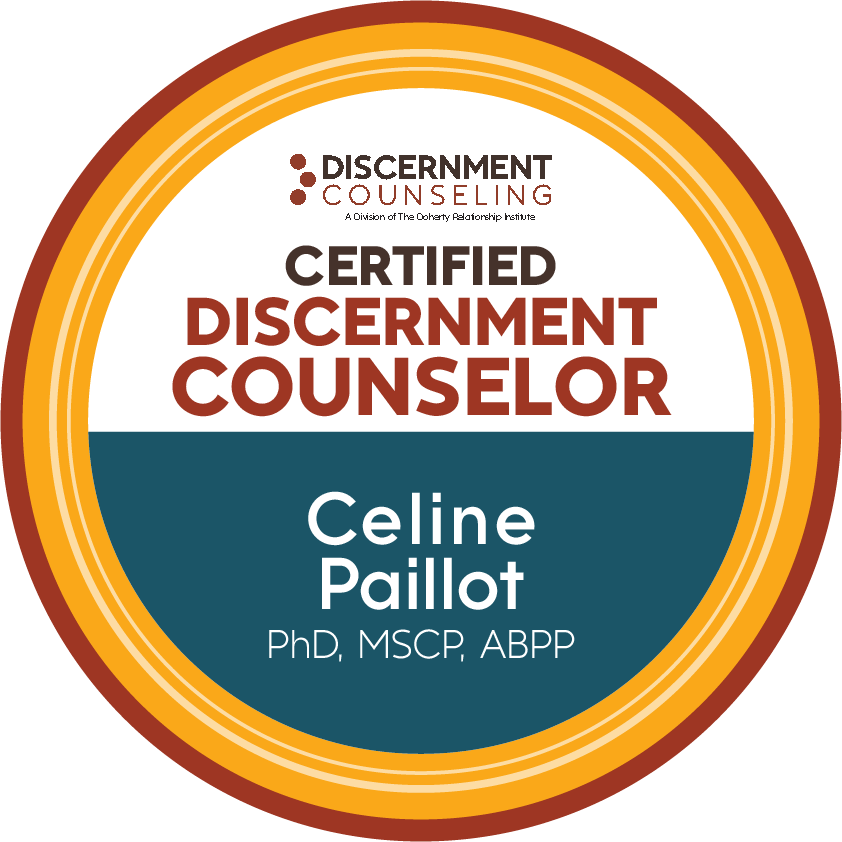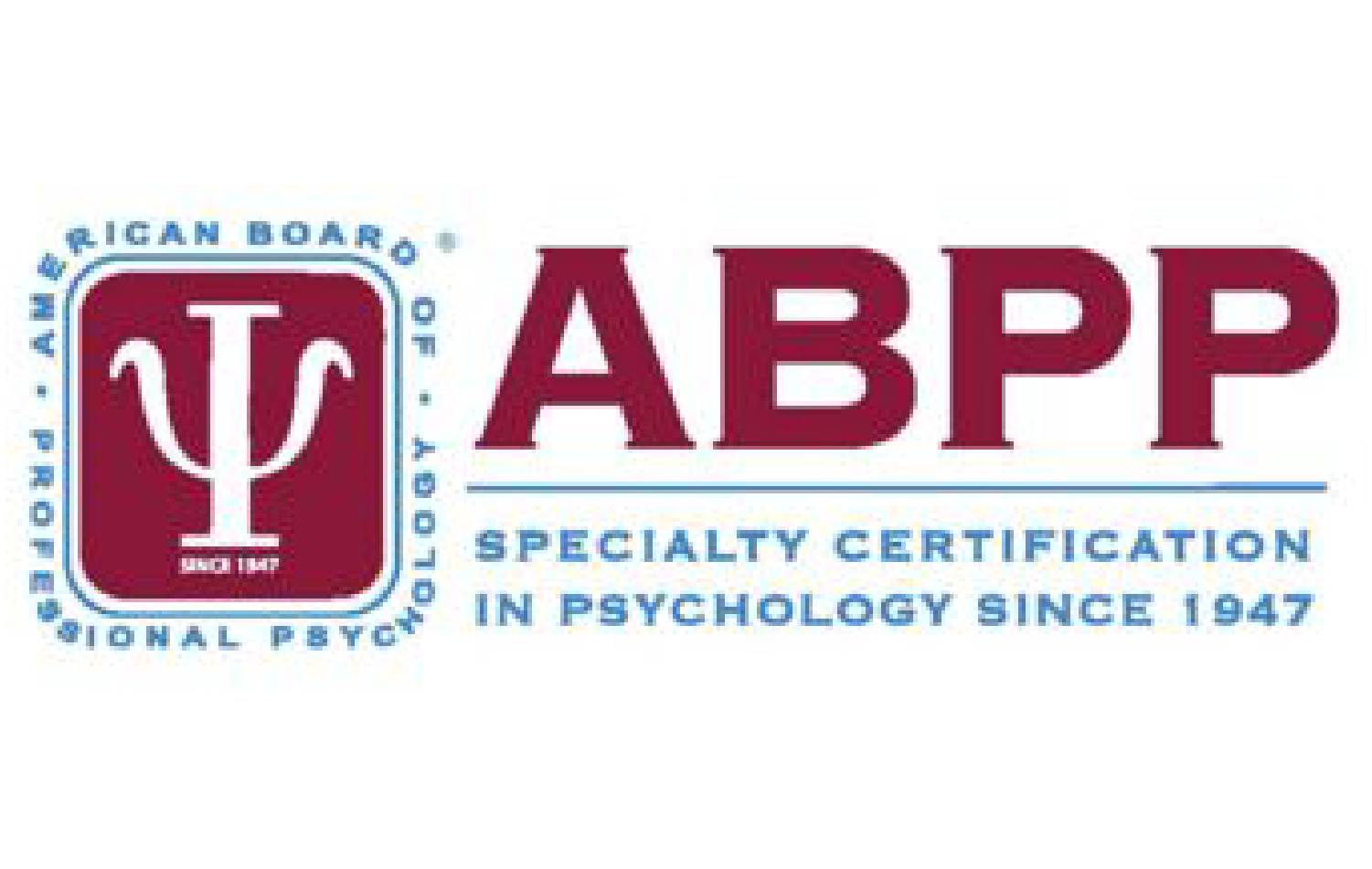Discernment Counseling
Couples who decide to divorce are often unable to make a divorce decision with clarity and confidence (Harris et al., 2017). The discernment counseling protocol was developed to help these couples in their divorce decision-making process (Doherty & Harris, 2017; Doherty et al., 2016).
Discernment counseling is designed to help couples considering divorce arrive at a greater sense of clarity and confidence in their decision making about the future of their marriage. Possible outcomes include making no change to the marriage, divorcing, or attempting reconciliation through couples therapy. This method was developed by William Doherty Ph.D. (https://discernmentcounseling.com/about/).
Discernment counseling typically lasts from one to 5 appointments depending on the Couple’s needs. Each meeting is structured as follows:
- Couple comes in together.
- Individual conversations between the psychologist and the two parties. The reason being that whether to stay and work on the marriage is a personal decision best pursued in individual conversations with the two parties, along with carefully facilitated couple-level conversations.
- Facilitated couple-level conversations.
Objectives of discernment Counseling:
- Identify where the couple is on the road to separation,
- who may be leaning out of the relationship (leaning out partner)
- who wants to preserve it (leaning in partner)
- Main issues encountered by the couple.
Discernment counseling is aiming to help with lowering ambivalence (i.e., able to make a clear decision as to what direction the couple would like to take), help partners feel heard and acknowledged, receiving psycho-education about the three options namely either (1) status quo, (2) separating or divorcing, or (3) attempting reconciliation through couples therapy.
Co-Parenting Counseling
What is co-parenting counseling?
What is the definition of co-parenting?
Co-parenting refers to the parental interactions involved in caring for and ensuring the well-being of their children. It is a different relationship from the marital one that refers to the couple’s way of relating to one another. Co-parenting has an impact on parenting (which refers to the relationship a parent has with his or her child(ren)).
What is the objective of co-parenting counseling?
Co-parenting counseling’s objective is to gain a greater understanding of the parental dynamics. Its aim is to assist in improving communication and collaboration between the co-parents and to help to alleviate the impact of post-divorce or separation stress on the parents and their children.
How is co-parenting counseling different from couples therapy?
In co-parenting counseling you will work and meet individually with your psychologist. You will receive professional assistance in coping with co-parental problems only. We will not ask you to risk being emotionally open or vulnerable with your former spouse or partner.
The therapeutic work is about improving the quality of the collaboration between the two parents only. The process does not involve conjoint efforts to improve emotional bonding between the parents. The main idea is to get to cooperative co-parenting.
How is co-parenting counseling different from family therapy?
Family therapy focuses on the improvement of relationships between the members of a family as a whole. Co-parenting counseling does not involve the family as a whole and sessions are conducted individually and only involves both parents. It does not include any family meetings with both parents and children attending sessions together.







